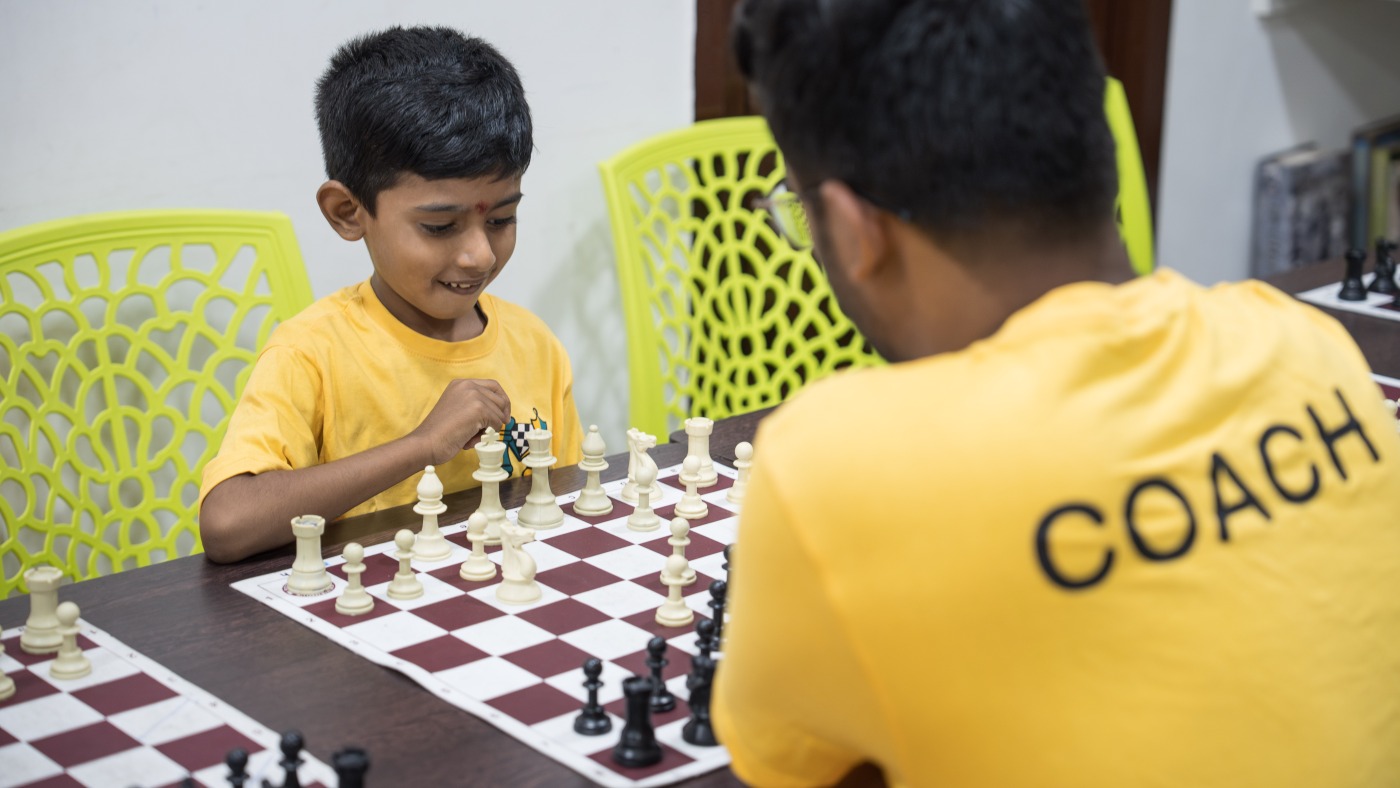The recent success of Indian chess players at international tournaments, particularly during the FIDE Women’s Chess World Cup in Georgia, highlights the country’s growing dominance in the sport. Divya Deshmukh, a 19-year-old competitor, made headlines by advancing through the tournament and ultimately defeating her compatriot, the world’s sixth-ranked Koneru Humpy. Deshmukh’s victory not only marked her as India’s 88th grandmaster but also increased the nation’s representation at the upcoming Women’s World Chess Championship.
Deshmukh entered the tournament as an underdog, facing opponents with significantly higher rankings. Her ability to push competitors to tie-breakers and exploit their mistakes under time pressure demonstrated her remarkable skill. After her intense match against Humpy, Deshmukh reflected on her performance, acknowledging her missteps yet expressing pride in overcoming such formidable opponents.
Rising to the Top
India’s chess landscape has transformed dramatically in recent years, with both the men’s and women’s teams triumphing at the Chess Olympiad in Budapest last year. Additionally, at the World Chess Championship held in Singapore in December, Gukesh Dommaraju became the youngest world champion at age 18. This surge of talent has shifted the focus of the chess world towards India, a country historically overshadowed by Russian and European players.
The roots of modern chess can be traced back to chaturanga, an ancient Indian game. Today, cities like Chennai, known as the “factory of Indian chess,” are pivotal in training future grandmasters. A significant portion of India’s grandmasters hail from Tamil Nadu, which has produced both Anand and Dommaraju.
The rise in chess popularity can be attributed to a global resurgence in interest during the pandemic, spurred by media such as the Netflix series, The Queen’s Gambit. With more individuals engaging in the game through platforms like chess.com and YouTube, India has been one of the countries that benefited most from this boom.
The Grassroots of Success
Chess coaching has become more accessible, especially in Tamil Nadu. Deshmukh hails from Nagpur, where she began playing chess at age five, a decision influenced by a badminton coach who suggested she try chess instead. In Chennai, children are introduced to the game early, with many attending chess academies after school. Coaches emphasize dedication, encouraging students to compete in local tournaments every weekend.
Parents play a vital role in nurturing young talent. For instance, Gukesh’s father, a surgeon, paused his medical career to manage his son’s chess journey. Other families, like that of siblings Pragnananda and Vaishali Rameshbabu, support their children with home-cooked meals during competitions, emphasizing the importance of a stable environment for young players.
While the culture surrounding chess has evolved, there are challenges. Many Indian parents traditionally prioritize academics over sports. Nevertheless, the success of chess has begun to change perceptions, with some viewing it as a viable career path. The Indian government supports high-ranking players by offering them public sector jobs, enhancing job security and financial stability.
Despite the progress, language barriers remain a challenge. Most chess resources are available in English, limiting access for a significant portion of the population. According to the 2011 census, only about 10% of Indians speak English fluently, primarily from middle and upper-class backgrounds. This disparity highlights the need for more localized resources.
To address this issue, Venkatesh Enumalai founded the Tamil Chess Channel on YouTube, teaching chess in Tamil to engage a broader audience. With over 80,000 followers, the channel provides accessible content for Tamil-speaking chess enthusiasts, including those in Sri Lanka and the United States. Enumalai has also established a chess club in Chennai, offering affordable coaching to encourage participation from all socioeconomic backgrounds.
As India continues to nurture its chess talent, the potential for the country to emerge as a dominant force in the global chess arena grows. With a large population and increasing interest in the game, the future of Indian chess looks promising. As Enumalai aptly states, “If we can nurture so many people at the bottom level, maybe we will be able to become a number one nation.”
